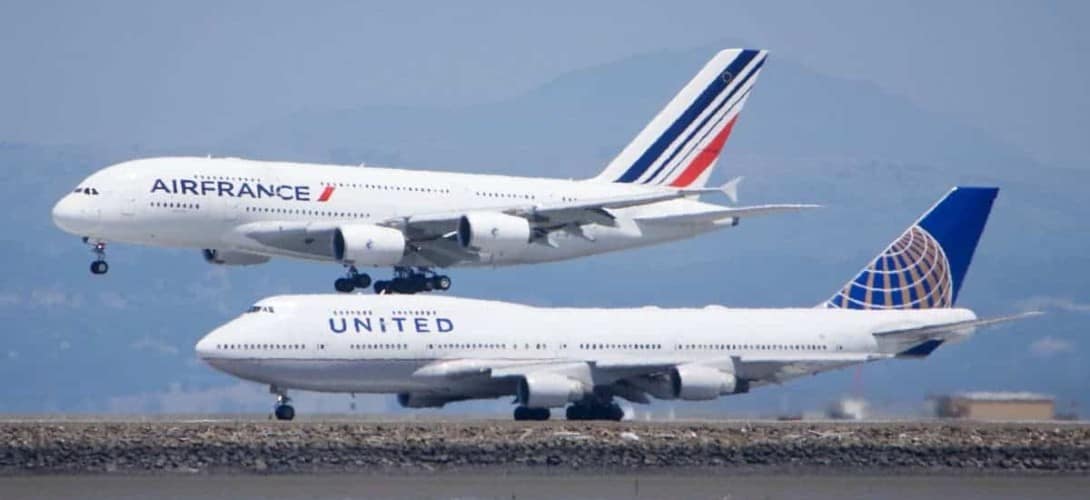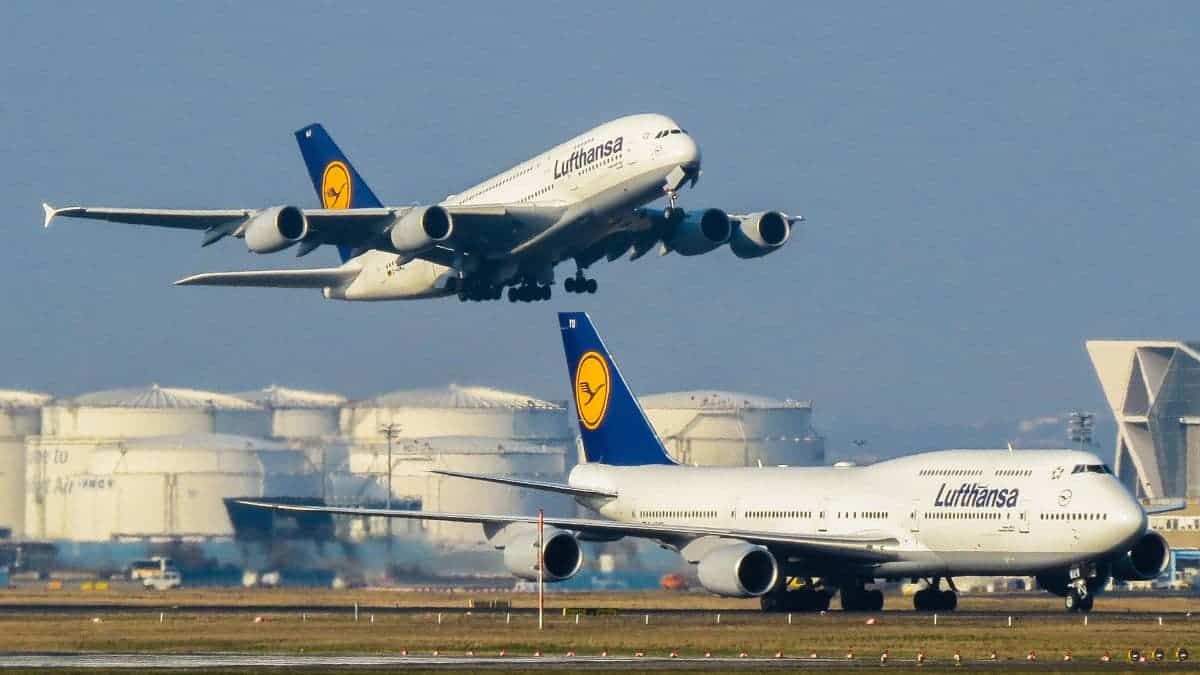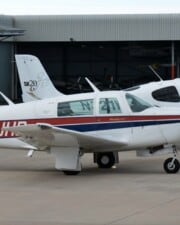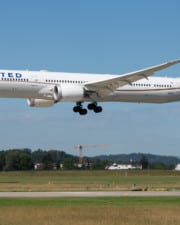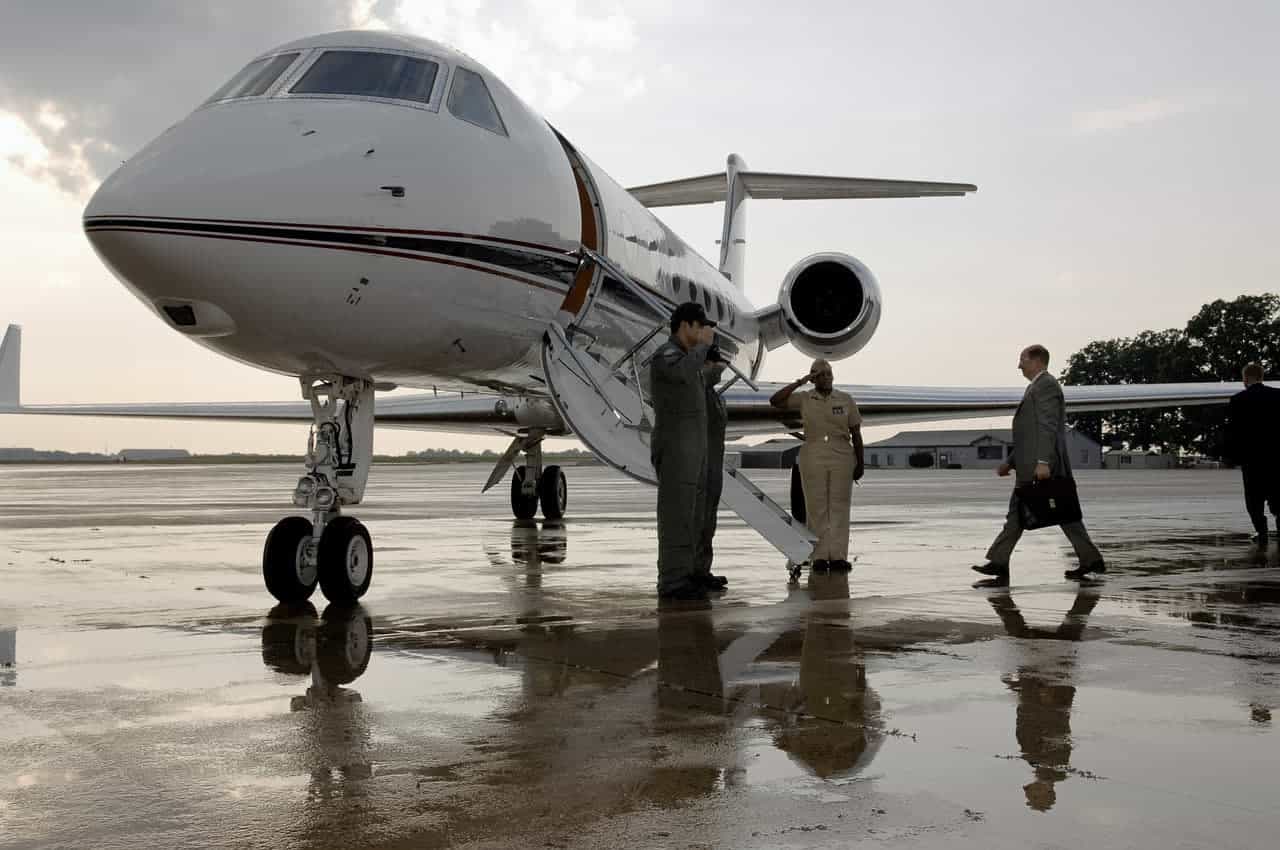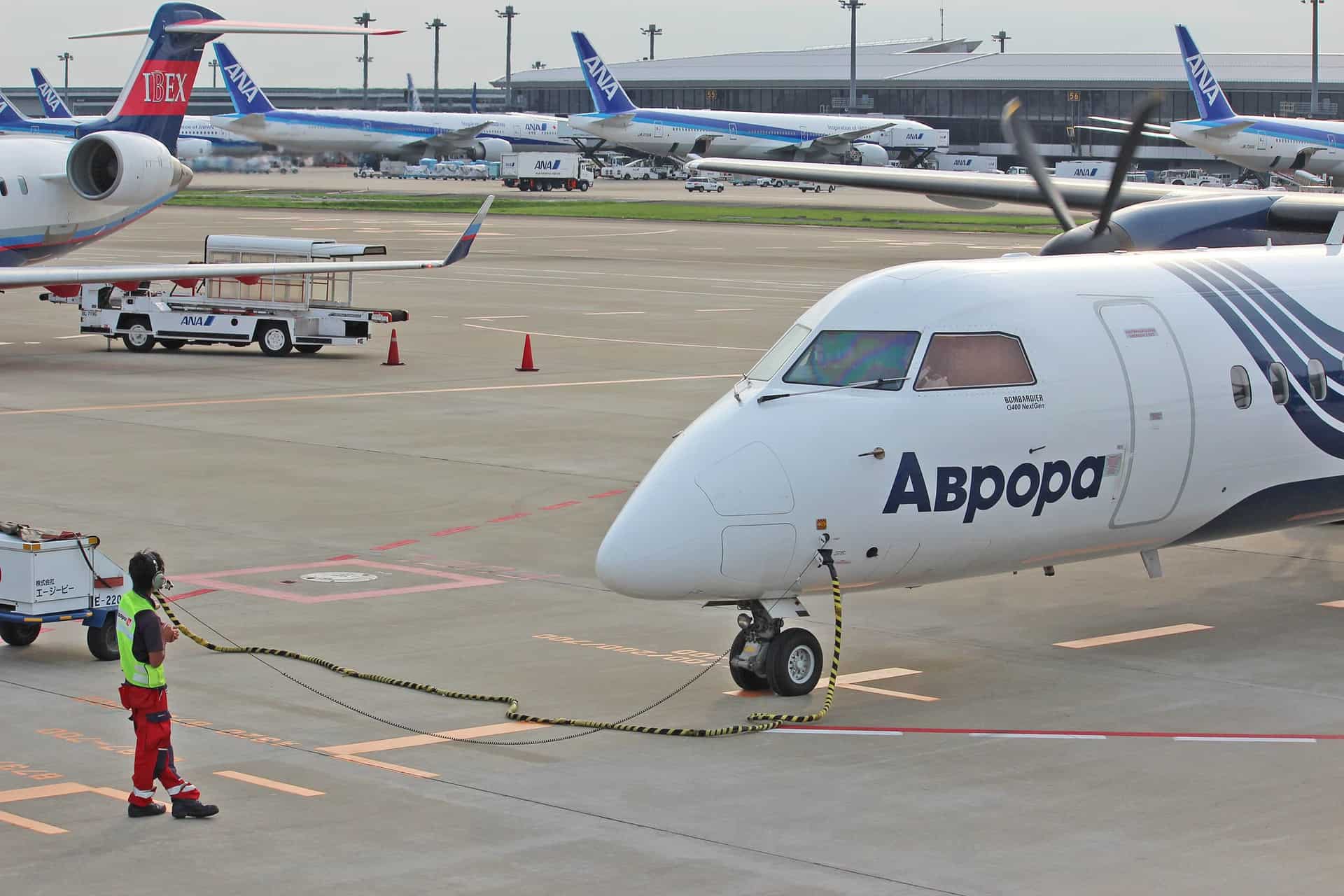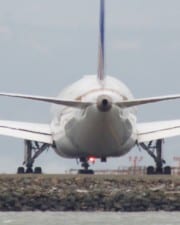Few things fuel industries and the imagination like rivalries. Boeing and Airbus rule the skies – but who’s winning, which is better, and why? Both have had some major setbacks in the last few years. Let’s analyze the two giants of the aviation industry side by side. We’ll take a look at their financial history, and do a SWOT analysis of each.
Table of Contents
Boeing vs Airbus: Who is Winning?
The answer to that question depends on how you measure victory and what you care about, which in turn speaks volumes about your attitude towards business in general and the aviation industry in particular. Let’s dive a bit deep into the subject and look at quality, safety, comfort and financial analysis.
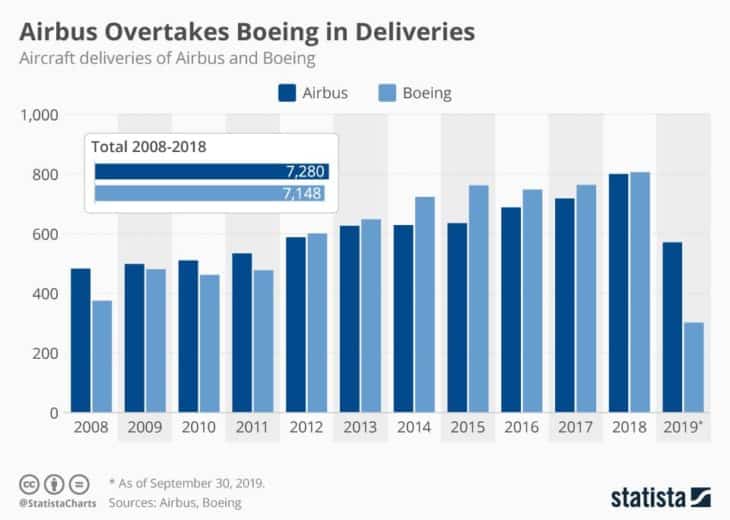
History of the Boeing vs Airbus rivalry
Like all good rivals, Boeing and Airbus have a lot of history between them. How did we get to the point where two airborne titans dominate the skies?
Just as “Britannia ruled the waves” once upon a time, America ruled the skies – and if Boeing’s success is any indication, it still does to a great extent.
This was a problem for European countries and companies, however, which could not compete with their smaller airlines.
Airbus financial history
Not wanting to fall behind, in 1969, the French and German governments subsidized what would become Airbus – and a rivalry was born.
Right from the start, the two companies had significant points of difference.
As Business Insider points out, Airbus attempted to set itself apart early on by emphasizing technical innovation. For example, it made use of lighter construction materials.
From an economic standpoint, Airbus began as a collaborative European effort, with different countries responsible for the manufacture of different parts.
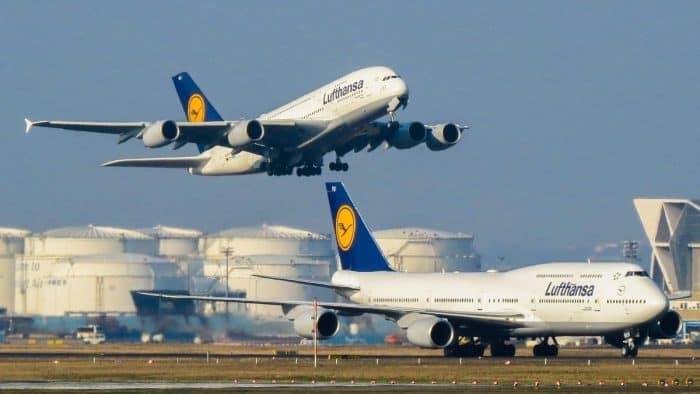
That collaborative EU spirit continues today, and remains a point of differentiation between the companies.
While Boeing is an American company, Airbus is registered for business in the Netherlands, and trades shares in the French, German, and Spanish markets, and many of its parts are built in those countries.
While Airbus was focusing on expanding its role in the commercial travel industry, Boeing was fast embracing a role which continues to this day – that of military aircraft supplier.
Boeing financial history
As CNBC noted in 2018, Boeing, along with other aviation military mainstays such as Lockheed Martin, enjoys one of the biggest military contracts in the world, with the Pentagon alone shelling out $9.2 billion.
The mid-1990s saw Boeing sign twenty-year deals with American Airlines, Delta, and Continental which made them the exclusive manufacturer of their planes, impacting the state of the rivalry to this day.
As Business Insider notes, American Airlines didn’t buy planes from Airbus until 2011, and Delta didn’t do so until two years after that.
Boeing vs Airbus: Momentous Events
The Airbus A380 Failure
Airbus attempted to change the game with its A380, a massive double-decker airplane which was the largest commercial airliner at the time it was built.
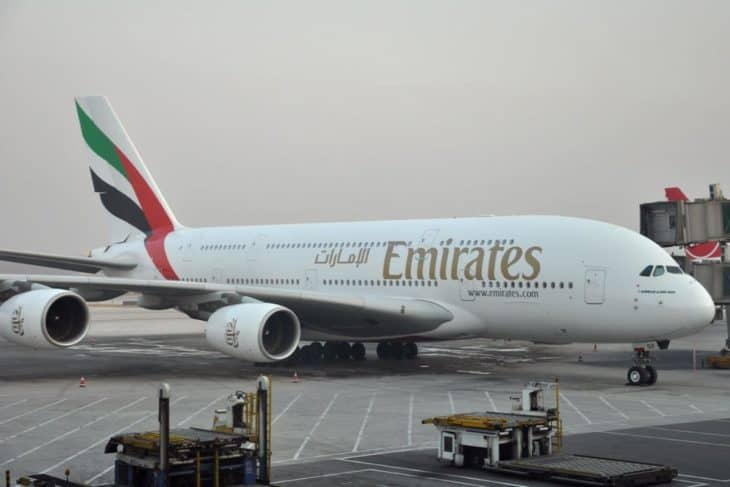
The expectation for its service as a luxury plane was huge, with the model expected to be a leader in class and comfort. However, since its launch, sales have been slow, with more than 40% of its orders coming from just one airline, Emirates.
Airbus’ acquisition of Bombardier
On the flip side, Airbus has recently taken control of the C Series of jets from another company, Bombardier, a move which has thus far seen greater success.

The United States Department of Commerce threatened to levy a tariff of nearly 300% against the C Series, but the United States Trade Commission ultimately found that the C Series didn’t harm Boeing’s business sufficient enough to merit a tariff.
That failed tariff paved the way for Airbus’ acquisition of the C Series. In keeping with their history of innovation, they have since tried to rebrand in part as a more carbon-friendly jet.
The Boeing 737 MAX debacle
Boeing, meanwhile, finds itself at a crossroads. While it has enjoyed an edge over Airbus for much of their rivalry, airlines which bought the company’s vaunted 757s decades ago are fast needing replacements.
Boeing has positioned its 737s as well as its NMAs (“New Midsized Airplanes”) as successors. However, due to manufacturing and business setbacks, the 737s in particular have yet to have yet to fully succeed the older models.

As such, while Boeing enjoys a strong reputation and maintains its lead in many respects today, Airbus has survived several setbacks throughout its history, retained its penchant for innovation, and appears to be a stronger challenger than ever.
The Motley Fool does an excellent job of breaking things down in terms of strengths, weaknesses, opportunities, and threats. Making use of that SWOT format, let’s take a look at where the SWOT Analysis leaves both Airbus and Boeing at present.
Boeing vs Airbus Safety Records
What about Boeing and Airbus’ safety record?
According to Airfleets.net, Airbus has suffered 86 total crashes or accidents between its models – fewer than just the 147 suffered by Boeing’s 737 alone.
However, the comparative length of service and greater number of Boeings in use should be considered as well in interpreting those numbers.
Boeing’s SWOT Outlook
Strength
The biggest strength that Boeing has going for it in the “who’s winning” debate, needless to say, is its market lead and reputation.
As The Motley Fool Notes, Boeing has a history of being able to ramp up its production and meet orders.
Not only does that bode well for any company looking to meet quotas and expand, but it also does wonders for shoring up its already-strong decades-long reputation.
Weakness
The biggest weakness facing the company right now hinges on its reputation vis a vis the failure of the 737 Max.
When your biggest strength is your reputation, a blow to your prestige is bad news, especially with an opponent like Airbus that’s just waiting to pounce.
Production of the 737 Max has stalled, with Boeing vowing to ramp up production to make up the difference and increase its market lead.
The result has left customers and shareholders alike staring at a paradox.
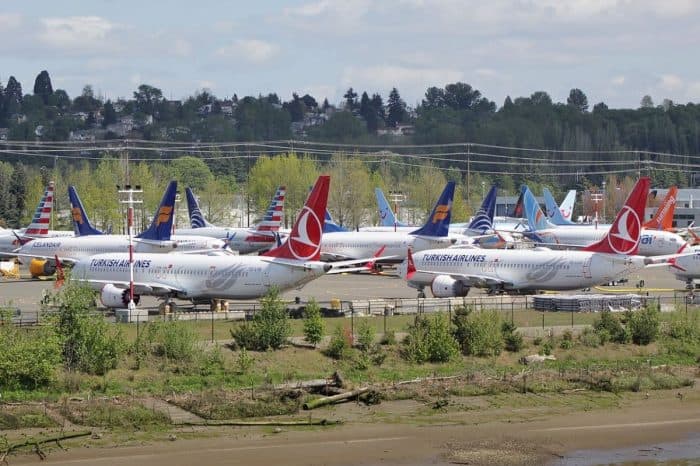
On the one hand, production ramp ups are part of Boeing’s MO. Boeing has shown in the past that it’s more than capable of making up production shortfalls, and will need to do so again if it’s to keep “winning.”
On the other hand, if you’re an investor or customer, even if you know Boeing is capable of making up ground, do you really want to wait around for it to try, especially with Airbus waiting in the wings?
Opportunity
Boeing’s biggest opportunity lies in its global expansion potential and defense contracting. As stated above, the latter in particular has long proven an advantage for Boeing over Airbus for air supremacy.
Threat
On the flip side, Boeing’s biggest threat, as stated, is the stalled production of and problems with the 737 Max. Boeing needs this line to do well for its hopes of winning and continuing to extend its market share lead over Airbus to succeed.
Airbus’ SWOT Outlook
Now let’s turn to Airbus.
Strength
In addition to its European backing, Airbus’ biggest strength in the battle to win the skies is that Series C and the narrow-body jets that have come from it.
In this subfield Airbus has a lead over Boeing, and with the latter’s production woes of late, it has the chance to extend that market advantage.
Weakness
But will it be able to do so with its shortcomings in other areas? Even though the effects of those exclusive contracts are just now beginning to wane, the damage still lingers.
What’s more, while its narrow-body jets have performed well, other offerings, especially its A380 double-decker jet, have flopped and left the company with dead money and an underperforming model.
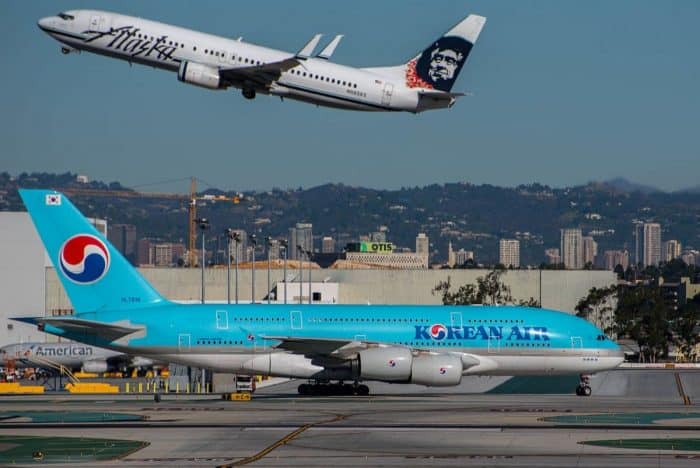
Opportunity
With the 737 Max debacle, Boeing’s failure of late has created an opportunity for Airbus.
Given its own production shortcomings, however, whether they can exploit that advantage to make the gains they need to take over first place in the air race remains to be seen.
Threat
Then there’s the fact that between the two companies, Airbus has a worse record of meeting production schedules than Boeing.
Despite the latter’s recent shortcomings, therefore, investors may have more confidence in them being able to pull themselves out of their slump than they do in Airbus’ ability to fill the void left by the 737 Max.
Into the Future
So, who’s winning in this battle of aviation titans?
That depends on what you define as winning.
In part, that definition changes between the two, because they stand at different positions marketwise.
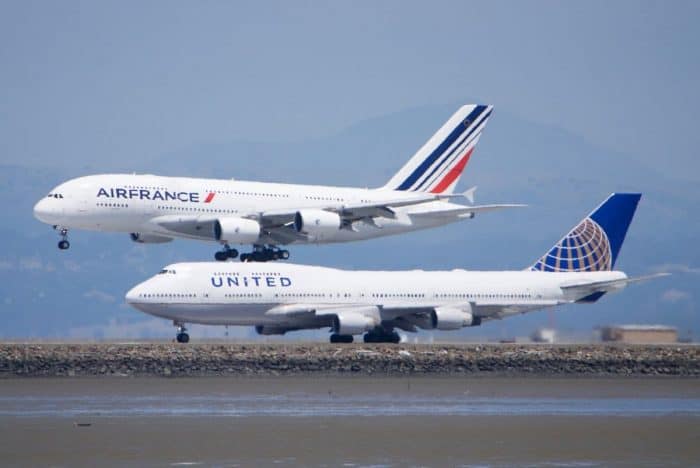
As the leader, Boeing can definitely be said to be winning in terms of market share and position right now. Its dominance and prominence within the industry is unquestioned. What’s more, it always has its sizable defense contracts to fall back on.
That said, if you consider the side with the most momentum to be the one that’s winning right now, you might be tempted to say that Airbus is doing better.
After all, the 737 Max woes have left Boeing with a huge mess on their hands. Even if they can and do recover, they can no longer be said to be the airplane production company with the most momentum.
As the Wall Street Journal noted in an October 2019 YouTube video, the 737 Max’s closest competitor, Airbus’ A320neo, “has established itself as a bestseller.”
For arguably the first time in its history, Airbus may have an airliner which is not only on par with a Boeing model but is in demand as well – and precisely at a time when Boeing can’t quite meet demand.
The question of “who’s winning” thus boils down to a question of whether you care more about present industry lead and reach (Boeing) or innovation and ground made up (Airbus.)
For decades, Boeing held a solid lead over Airbus. Now, however, the state of their rivalry may be said to be truly “up in the air.”
Related Posts
